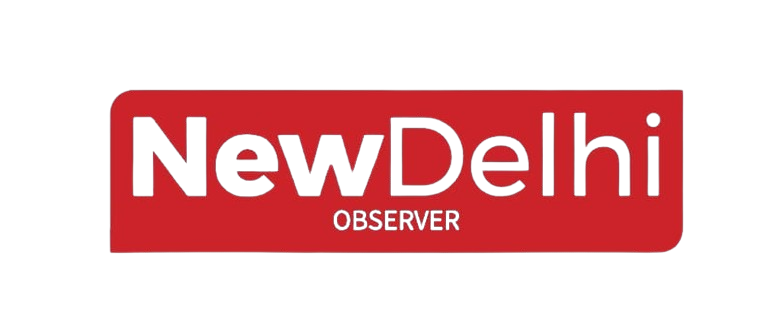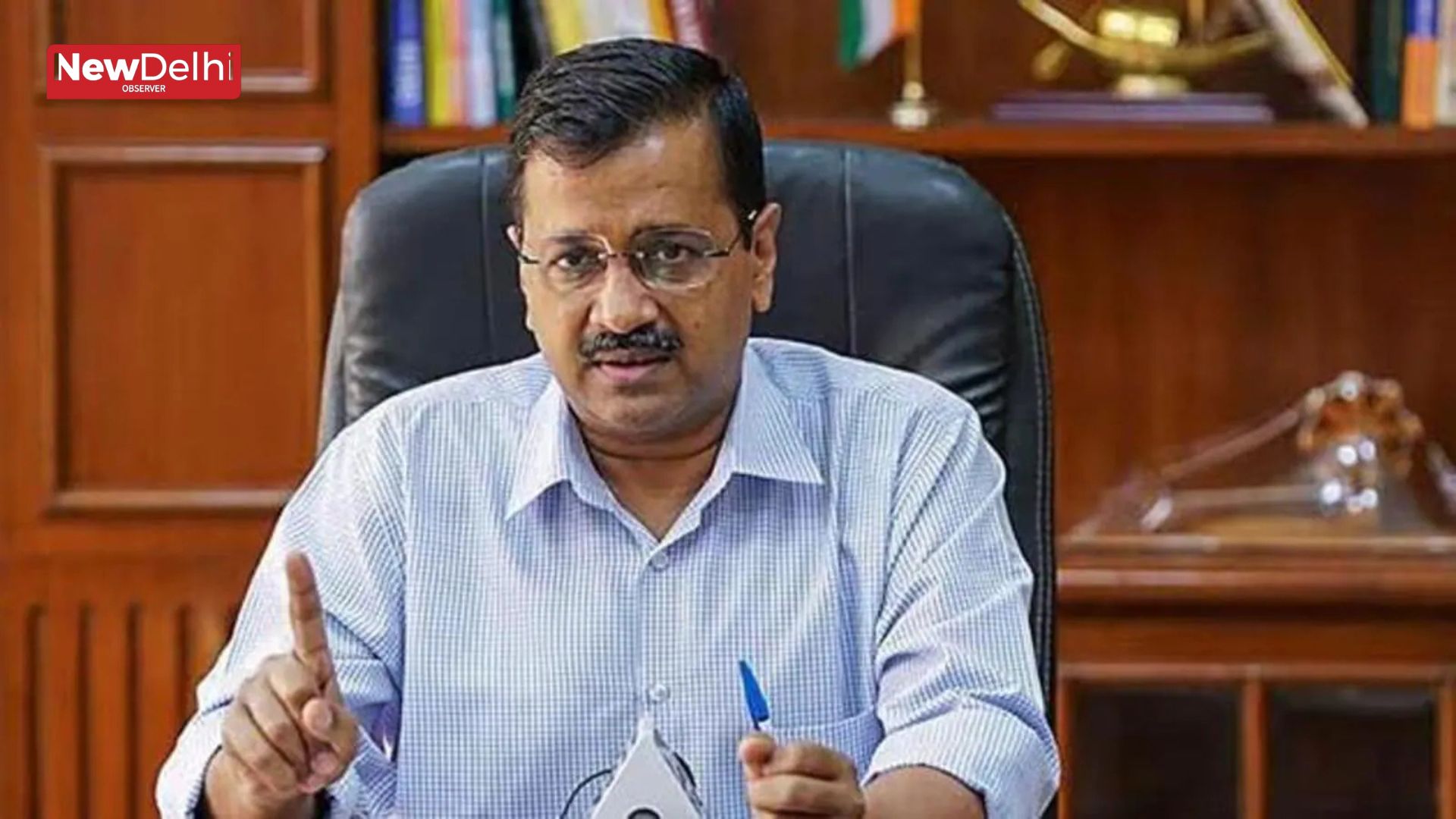Political Tensions Rise Ahead of Elections
As the Delhi Assembly elections approach, the ruling Aam Aadmi Party (AAP) is dealing with serious scrutiny. Two key departments within the Delhi government have issued warnings related to popular schemes promoted by the party. The Health and Family Welfare Department and the Women and Child Development (WCD) Department have distanced themselves from these initiatives, placing additional pressure on AAP’s leadership.
Key Schemes Under Fire
The controversy primarily involves two major schemes that AAP is using as focal points in their election campaign. The Sanjeevani Yojana aims to provide free healthcare for residents aged 60 and above. The Mahila Samman Yojana, another prominent program, promises a monthly financial support of ₹2,100 to women in Delhi. AAP leaders, including Chief Minister Arvind Kejriwal and Atishi, have actively promoted these schemes. They have engaged in door-to-door registrations, arguing these initiatives would offer financial support and essential healthcare services to the elderly and women.
However, public notices from both the Health and WCD Departments have raised serious doubts about these programs. On December 25, 2024, the Health Department announced that the Sanjeevani Yojana does not officially exist. They emphasized that no scheme was notified or implemented by the government. Additionally, they warned the public about potential fraud linked to unauthorized individuals claiming to offer “Health/Sanjeevani Cards.”
The WCD Department echoed these concerns regarding the Mahila Samman Yojana. They clarified that the program had not been formally announced and that any attempts to collect personal information for this purpose were unauthorized. The potential for cybercrime associated with these false initiatives was also highlighted.
AAP’s Strong Response
In response to these warnings, AAP’s leadership has adopted a defiant stance. Arvind Kejriwal has accused the central government of trying to sabotage the party’s election campaign. He claims that the actions taken against AAP are politically motivated, intended to undermine schemes that appeal to key voter demographics, such as the elderly and women.
Kejriwal suggested that the central government, driven by anxiety over the popularity of these programs, could resort to extreme measures. He hinted at potential arrests of senior AAP officials and raids targeting party workers. He expressed this sentiment on social media, underscoring the pressure his party faces.
“If the Mahila Samman Yojana and Sanjeevani Yojana have rattled them, they will stop at nothing to discredit us,” Kejriwal stated in a post on X (formerly Twitter).
BJP Responds with Criticism
The Delhi BJP quickly condemned AAP’s actions, describing them as “digital fraud.” BJP Delhi Chief Virendraa Sachdeva accused the ruling party of misleading the public by presenting erroneous schemes as genuine. Sachdeva pointed out the unprecedented nature of a ruling party promoting schemes without proper governmental approval.
He claimed Kejriwal is exploiting vulnerable populations, particularly the elderly and women. In a scathing statement, he remarked, “For the first time in history, a chief minister and ruling party are peddling fake schemes after 10 years in power. They are misguiding people. They are doing what digital fraudsters do.”
Advisories Issued to Protect the Public
In light of the situation, both departments have released advisories for the public. They urge caution for anyone approached regarding benefits tied to the Sanjeevani or Mahila Samman Yojana. The Health Department has warned against providing personal information or signing documents linked to the non-existent Sanjeevani scheme. The WCD Department emphasized that any collection of personal data in connection with the Mahila Samman Yojana is unauthorized.
Both departments are working to protect citizens from potential cybercrimes and other fraudulent activities.
Ongoing Political Struggles
This controversy occurs amidst ongoing tensions between the AAP-led Delhi government and the central government, which is controlled by the BJP. AAP has long criticized the central government’s interference in Delhi’s governance. The principal secretaries of all Delhi departments are appointed by the Centre, limiting AAP’s administration control.
This power struggle fuels AAP’s belief that the central government is actively trying to hinder their initiatives and undermine their position in upcoming elections.
Registration Efforts Continue
Despite the official pushback, AAP asserts that it has managed to register over 1.5 lakh elderly individuals for the Sanjeevani Yojana and 13 lakh women for the Mahila Samman Yojana. Their registration drive involves around 3,000 party workers and aims for 5 lakh registrations daily through door-to-door outreach.
In addition to these





